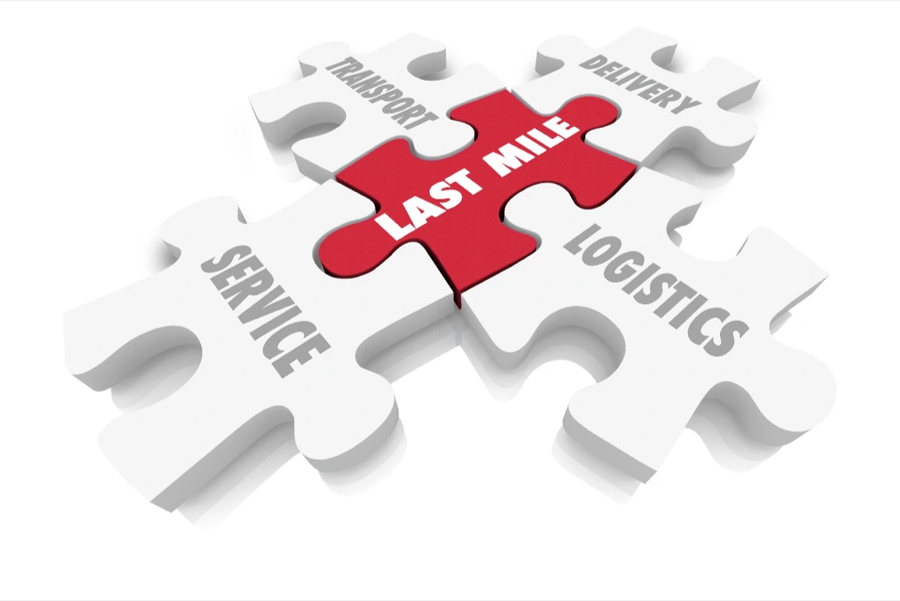Logistics
Warehousing & Fulfillment
Transportation
E-commerce
E-commerce Fulfillment Services
Lease & Maintenance
Semi Trucks
Supply Chain Technology
Logistics
E-commerce
Lease & Maintenance
Buy Used Trucks

When you ship furniture, appliances, and other big and bulky items, the in-home delivery of products represents a personal touchpoint for your consumers. Additionally, your consumer’s satisfaction hinges on your ability to meet on-time delivery expectations, and professional delivery teams that provide a seamless customer experience. That’s where last mile delivery comes in. Over the past few months, we’ve found companies commonly have the same three questions about last mile logistics. We answer them below:
Q. What is last mile logistics, and why has it become increasingly important in today’s supply chain landscape?
A. Last mile logistics is the delivery of goods to a final destination typically the consumer’s home or workplace. These goods include parcel as well as big & bulky items such as furniture, appliances, and home exercise equipment. Big & bulky items add more complexity when it comes to last mile logistics, as drivers take the products over-the-threshold and assemble the items for the customer.
The changing consumer landscape due to the now economy and proliferation of e-commerce creates more pressure for companies to have robust last mile solutions to deliver the products, and provide customer experience that is no longer handled in brick and mortar locations. To accomplish this, shippers are turning to partners that can implement a last mile solution that allows customers to track orders, ensures on time delivery, guarantees correct product assembly, and provides reverse logistics, while simultaneously delivers an excellent customer experience as the ambassador for the brand.
Q. From your unique perspective, what trends are creating a stronger need for last mile solutions?
A. The focus on e-commerce is driving a change in the supply chain. While small and large parcel shipments are new to last mile, shippers have always used last mile solutions for big & bulky items. However, because of the changing landscape, retailers are storing inventory at distribution centers instead of brick-and-mortar stores so products are closer to customers. This adds complexity especially when scheduling carriers and meeting tight delivery windows.
Additionally, capacity is key during current capacity crunch. A strong last mile solution can provide shippers the scale they need to reach their customers during both normal and peak business seasons – driving customer satisfaction.
Q. A vast majority of companies are focusing on e-commerce fulfillment capabilities, however many are not implementing last mile logistics. Why is that; and how can companies benefit from outsourcing their last mile logistics?
A. If last mile logistics is not a core competency, execution is extremely tough. Companies need to have the density, experience, and technology to implement last mile capabilities. The cost of running your own fleet is a significant. So, you need a national network of vetted carriers and reliable drivers that can meet the needs of customers in a short delivery window. You need the technology in place to give real-time visibility to the product, as well as manage delivery exceptions and customer satisfaction.
That’s why instead of implementing a solution themselves, many companies are looking to outsource their last mile logistics to a provider that has the national footprint, experience, vetted carriers, technology, and personnel. By outsourcing, the shipper gains a partner that understands cyclicality and how critical it is to consistently hit those targets, and also understands the process of going into the customer’s home to deliver and assemble the product.